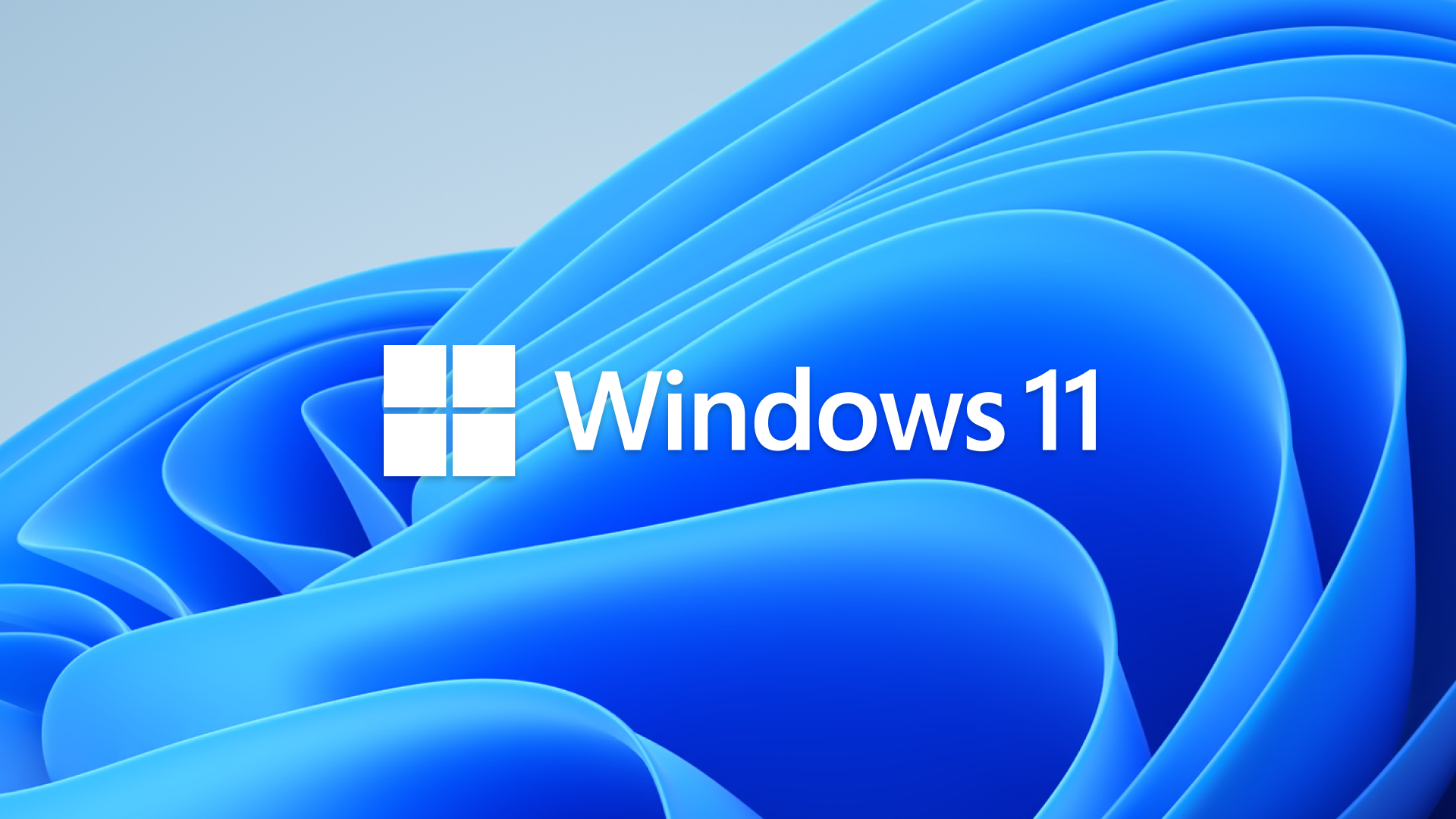
Microsoft has introduced major improvements to apps built with Windows App SDK, claiming up to 50% faster load times and a significant reduction in app sizes. These changes are driven by new technologies like Native Ahead-Of-Time (AOT) compilation, though actual performance gains will depend on developers updating their apps, reports Windows Latest.
The Windows App SDK bridges the gap between Win32 and UWP by providing tools that give developers access to modern APIs without forcing them into a specific framework. However, apps using this SDK have been criticized for long launch times and UI responsiveness.
Microsoft has acknowledged performance issues with several of its own apps, including Photos and Phone Link, which are known to have longer-than-expected splash screens and slow response times. These issues are especially noticeable when launching apps for the first time after a reboot. As a workaround, Microsoft recommends running the app in the background to improve launch times.
One of the key solutions to these problems is the introduction of Native AOT support, which enables faster startup times and reduced memory usage. Native AOT compiles apps ahead of time, improving performance compared to traditional compilation methods. However, developers need to implement this feature themselves when building or updating their apps.
In early tests, Microsoft observed substantial improvements: Apps now load up to 50% faster, and app packages are eight times smaller. Apps that run in self-contained mode have also seen size reductions of up to 2x, further improving the efficiency of Windows App SDK-based applications.
Microsoft also made changes to how the Edge WebView2 SDK is handled. Previously, this SDK was hard-coded into Windows App SDK, which increased the size of apps. Now, it is accessed through NuGet as needed, helping to reduce overall app package sizes, though this change does not directly affect app performance.
While these optimizations will not immediately make apps faster, they lay the groundwork for noticeable improvements as developers adopt the updated SDK. Apps built using Windows App SDK 1.6 with Native AOT should show better performance, reduced memory usage, and smaller file sizes over time. Despite the promise of these improvements, for obvious reasons, slow app launch times, and laggy animations remain a concern until apps are updated.







